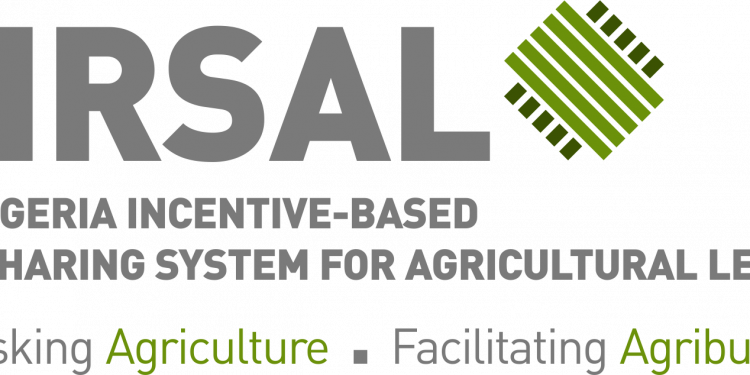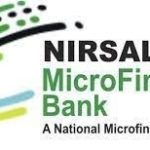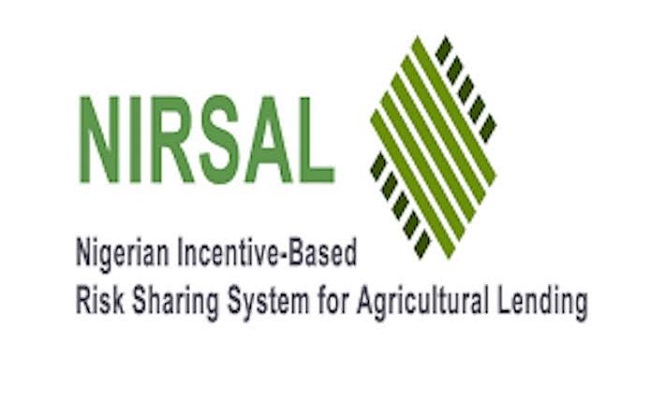The Nigeria Incentive-Based Risk Sharing System for Agricultural Lending (NIRSAL Plc) has facilitated over N70 billion in commercial financing for agribusinesses as of the third quarter of 2025, marking its strongest annual performance since inception and signaling renewed momentum in Nigeria’s agricultural finance landscape.
The institution, which aims to catalyse investment in agriculture by de-risking lending to the sector, expressed confidence that it will meet its N150 billion facilitation target for the year. Since its launch in 2013, NIRSAL has now enabled over N270 billion in funding for agriculture and agribusinesses, with the latest result accounting for nearly a quarter of that total.
The milestone comes at a critical moment for Nigeria’s agricultural sector, where bank lending has been on a downward trend. Lending to agriculture fell from 6.18 per cent of total credit in 2022 to 4.82 per cent in 2024, while growth in the sector slowed from 2.5 per cent to 1.7 per cent. NIRSAL said its renewed strategy under a new Board and Executive Management is reversing this trend and restoring lender confidence.
The institution attributed the turnaround to its targeted risk-sharing tools, value chain modelling, and technical support, which have made agribusiness financing more attractive to banks and investors. These interventions have channelled new capital into key agricultural value chains, including grains, cocoa, shea, and livestock.
The financing boost is already translating into real economic gains. NIRSAL reported improved local production across major commodities and a stronger agricultural trade balance, with over 32 per cent of the facilitated funds supporting value-added commodity exports. Agriculture’s share of bank lending has also rebounded to 5.33 per cent as of May 2025, reflecting renewed interest from financial institutions.
Two newly licensed banks have also entered the agricultural finance market using NIRSAL’s frameworks, contributing to the N70 billion facilitated this year.
The company’s chief executive said the results demonstrate that sustainable agricultural financing is achievable. He noted that while N70 billion may seem modest compared to Nigeria’s overall financing needs, it underscores the sector’s commercial viability when capital, technical support, and risk mitigation are properly aligned.
He added that NIRSAL remains confident of meeting its N150 billion target, especially as the busiest period for agricultural lending, covering harvest offtake, storage financing, and input procurement ahead of the next planting season, is still ahead.
Beyond facilitating credit, NIRSAL said it is reshaping Nigeria’s agricultural finance ecosystem with an integrated model that spans prospect identification, deal structuring, business advisory, and credit guarantees. This approach, it noted, supports agribusinesses from loan origination to disbursement, helping them transition from unbankable enterprises into sustainable borrowers.
For Nigeria’s MSMEs operating within the agricultural value chain, the renewed momentum presents expanded access to finance, improved chances of scaling operations, and greater integration into export-oriented value chains; factors that could drive growth, resilience, and competitiveness across the sector










